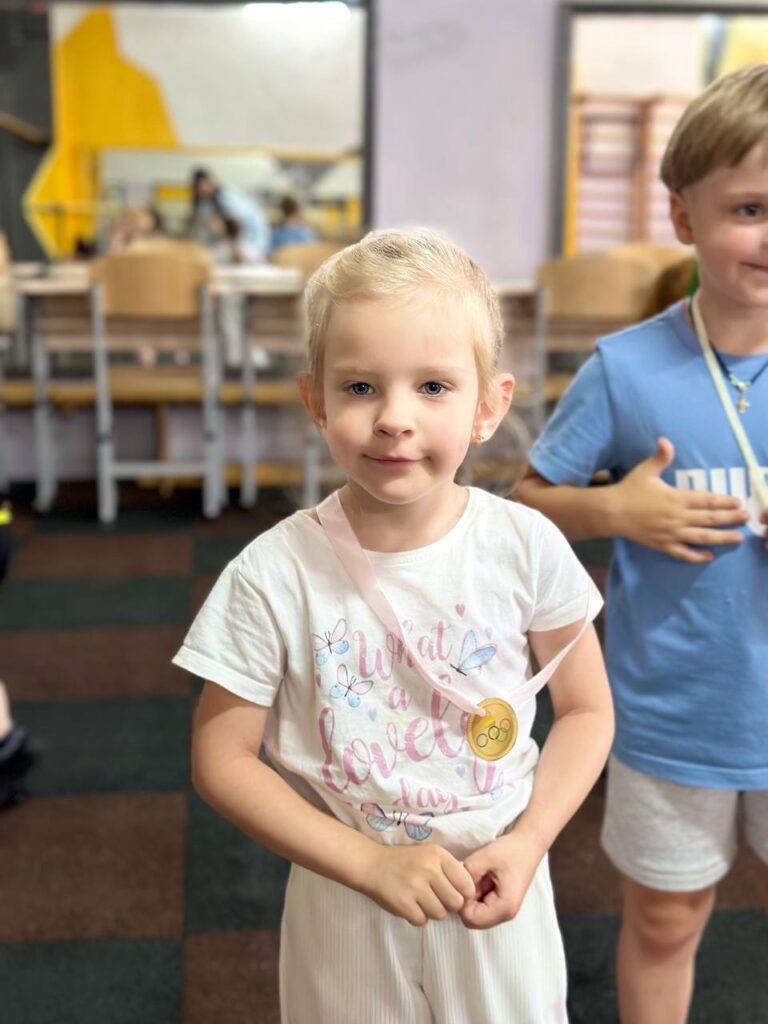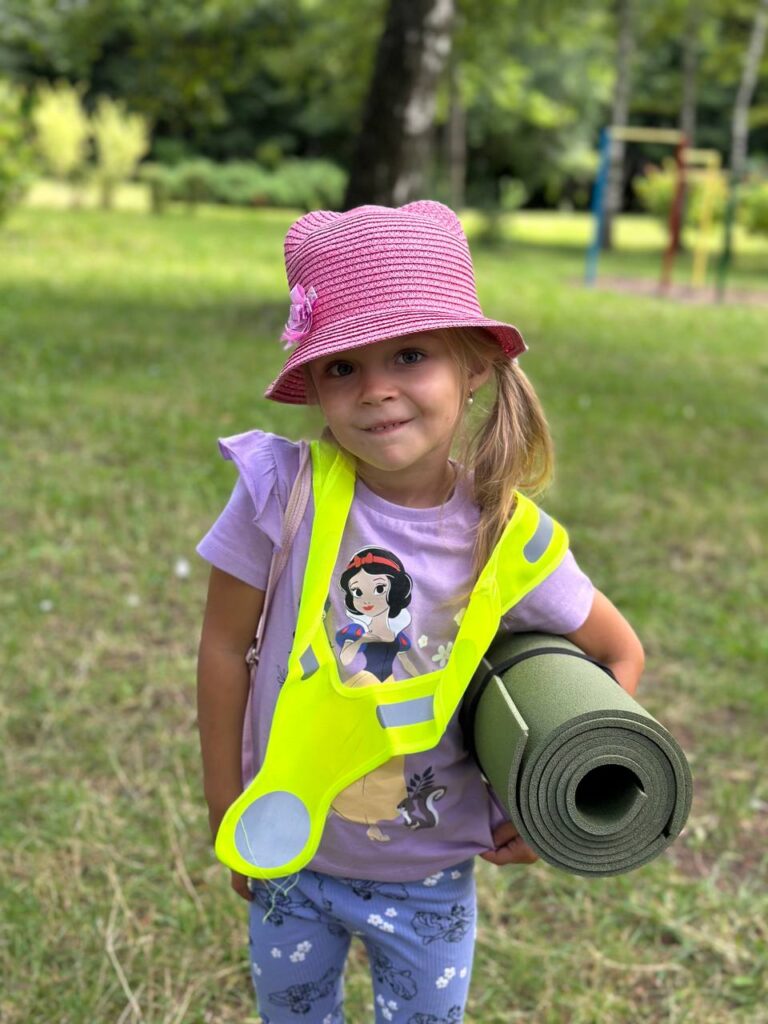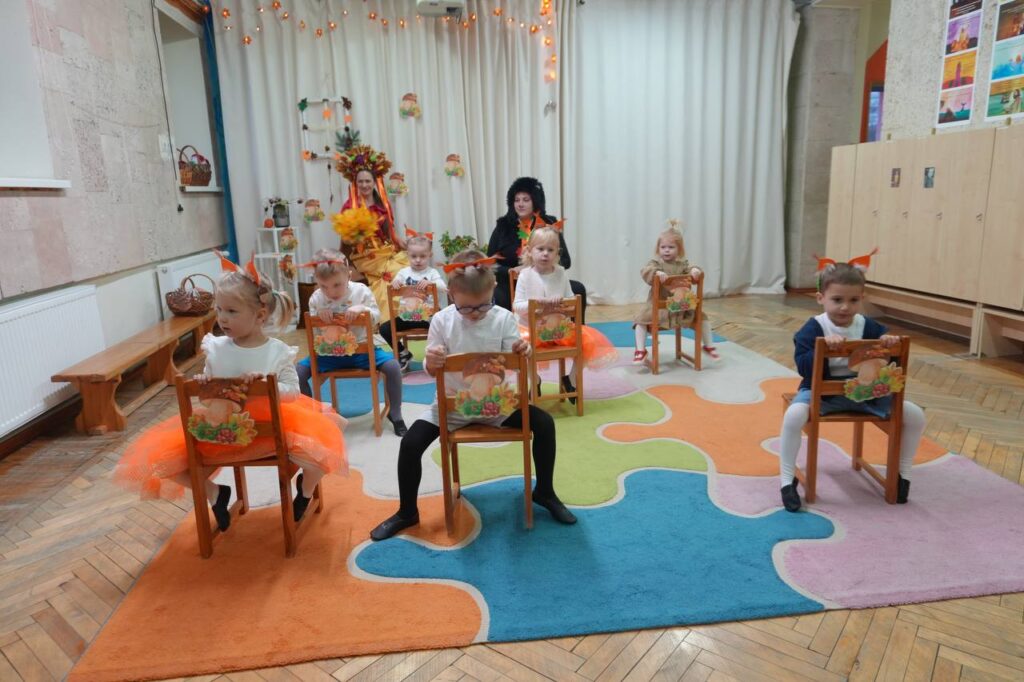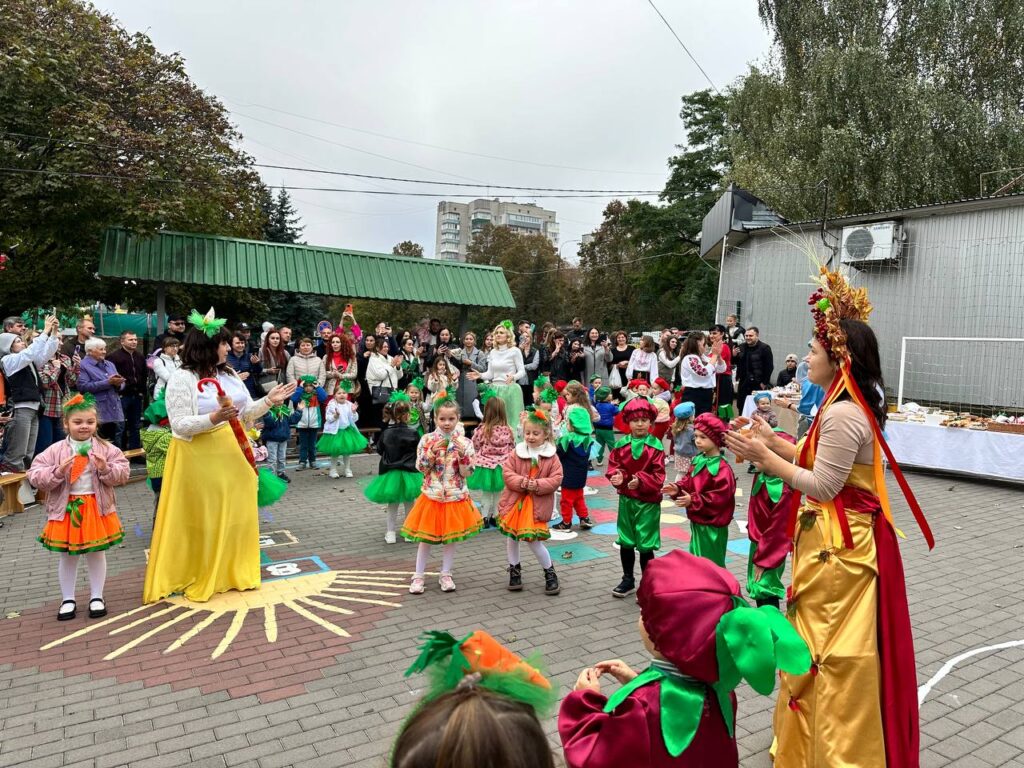- Content
The first day of kindergarten is an important event not only for the child but also for the whole family. The first day is usually positive, as the new play environment and peers interest the child, but later on, the child may experience stress and anxiety. To make the adaptation go smoothly, you should prepare your child for the changes in advance. How to do it right? Let’s look at the key points.
Do I need to prepare my child for kindergarten?

Yes, and here’s why. Kindergarten is the first serious experience of socialization for a child. Even if the child is sociable and quickly gets used to changes, kindergarten is a new environment, a new regimen and rhythm of the day, and unfamiliar people. If the child is not ready for such changes, it can cause anxiety, whims and even protest against going to kindergarten. Proper preparation will help to avoid stress, tears and a long period of adaptation.
Preparation will help to:
- reduce stress from separation from parents;
- accustom the child to a new daily routine;
- teach independence skills;
- form a positive attitude towards kindergarten.
At what age should I start preparing?

The optimal age for starting adaptation depends on the child’s characteristics. Some children are ready for kindergarten at the age of one and a half, while others need more time to adapt. However, psychologists recommend starting preparation at least 3-6 months before the first visit.
If the child already has experience of socializing with peers (for example, attending developmental circles or playing on the playground with other children), the process will be easier. But if he is used to spending all his time at home with his parents, you should gradually introduce him to the new environment.
What skills should a child have before entering kindergarten?

One of the most important things is independence in everyday life. A child should be at least partially able to eat with a spoon, drink from a cup, and put on basic clothes on his or her own, such as pulling on socks or putting on a hat. In addition, he or she needs to learn to communicate his or her needs to adults: when thirsty, to go to the toilet, or when something is wrong.
Emotional readiness is no less important. It is important for a child to know that mom and dad will always come back for him after kindergarten. It is useful to teach him/her how to cope with disappointments, for example, when he/she does not get the desired toy or when he/she has to share. If the child easily tolerates short-term separation from parents, the first days in kindergarten will be calmer.
To help your child master these skills, it is best to turn learning into play. For example, you can play “independent bear” and learn to dress up together or read books about kindergarten to form a positive image of it. The main thing is the support and calmness of parents. If they are sure that everything will be fine, the child will feel it and get used to the new environment faster.
We invite you to study at “My Horizons” kindergarten

Preparing for kindergarten is a process that requires patience, gradualness and the right approach. Your confidence and positive attitude will help your child adapt faster and easier. Talk about the kindergarten as an interesting place where new friends, exciting games and friendly teachers are waiting for him/her.
At My Horizons, we understand how important this period is, and we help children to enter a new environment in a gentle and comfortable way. Our teachers take care of each of the children, take into account their individual needs and create an atmosphere of love and trust. Thanks to the warm and friendly environment, the child gets used to the new schedule and daily routine faster and feels safe and confident.
At the My Horizons kindergarten, we understand how important this period is, and we help children to enter the new environment in a gentle and comfortable way.